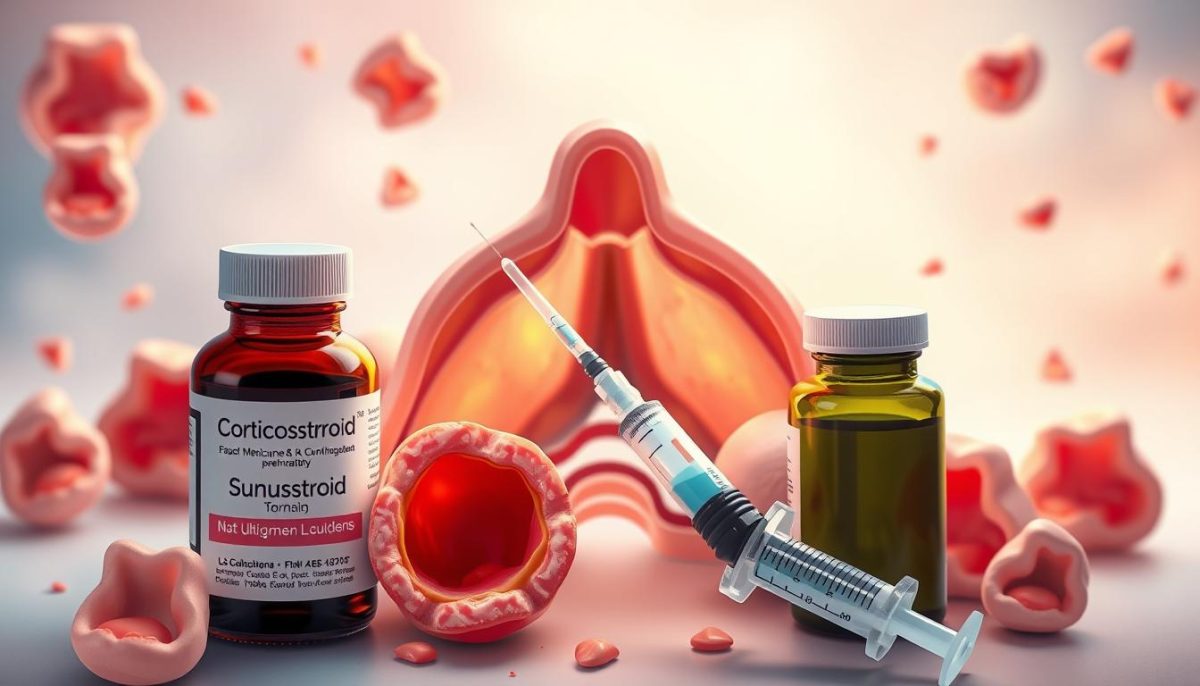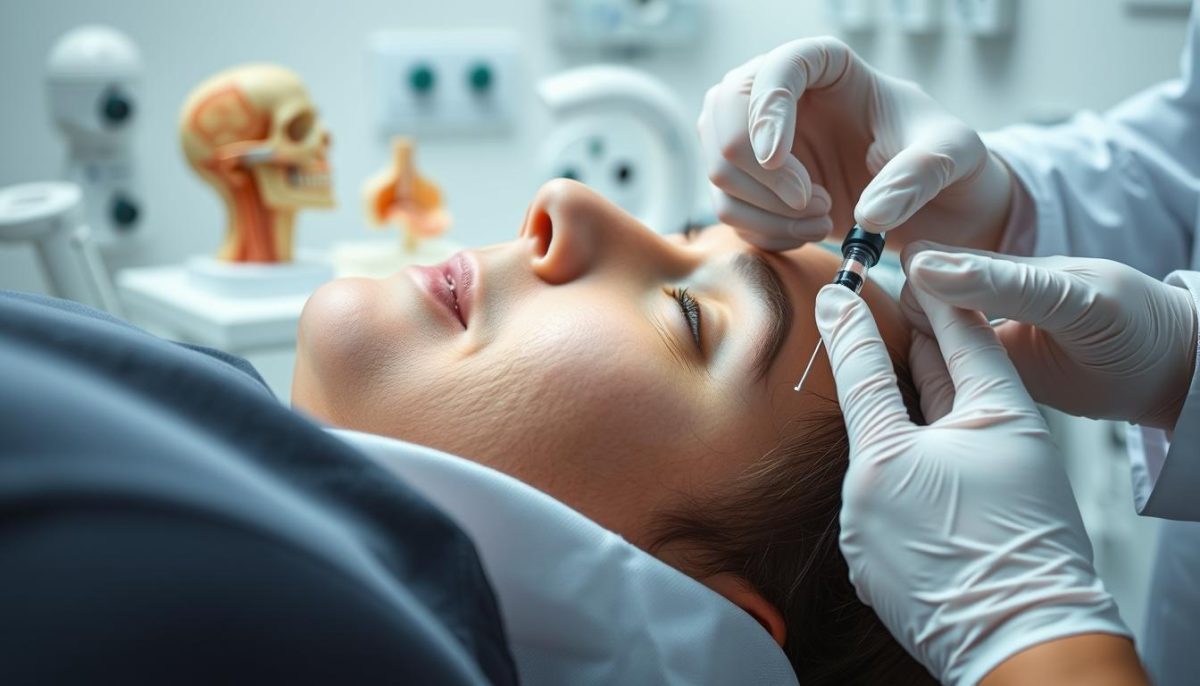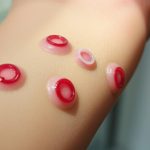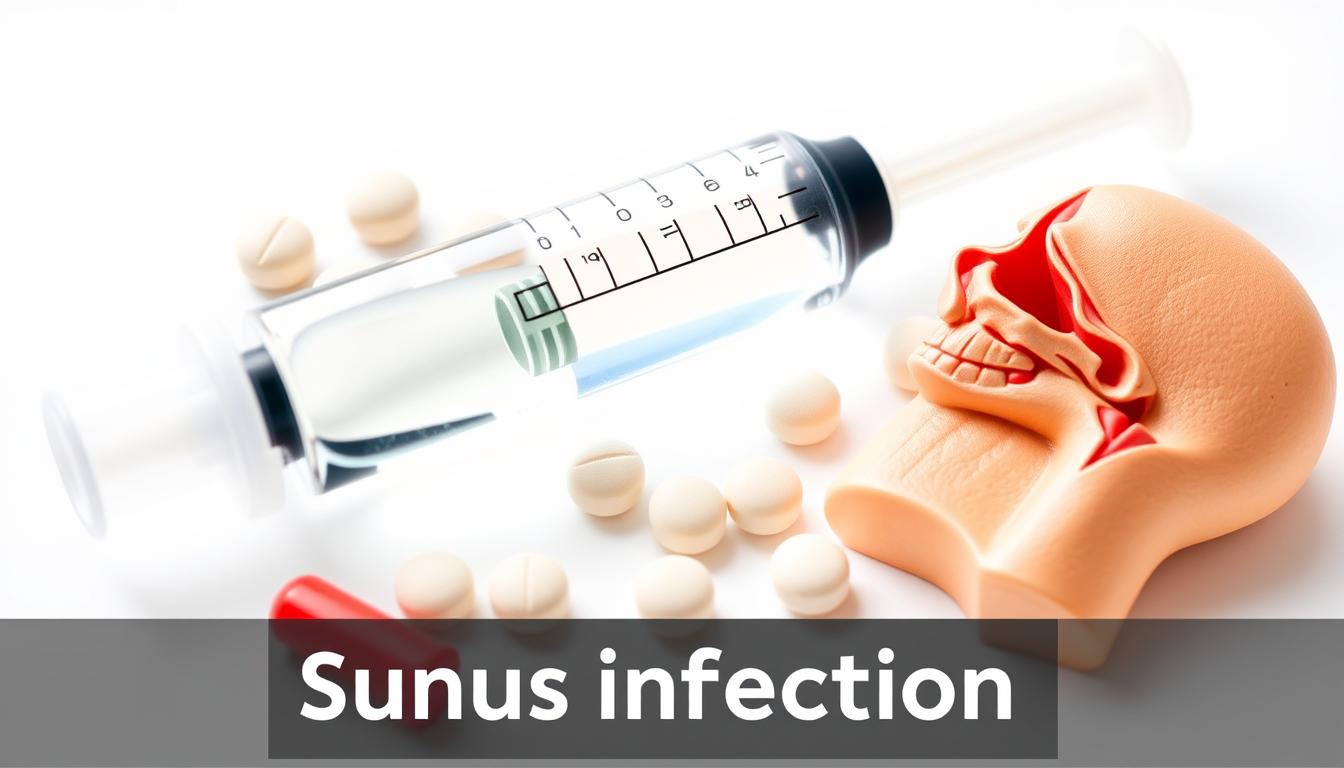As we navigate the challenges of sinus infections, we often seek effective treatments that can provide us with rapid relief. One such solution that has gained significant attention is the steroid shot for sinus infection. This powerful intervention has the potential to alleviate the discomfort and congestion associated with sinusitis, allowing us to breathe easier and reclaim our daily routines.
In this article, we’ll delve into the intricacies of steroid shots for sinus infections, exploring how they work, the types of steroids commonly used, and the expected duration and effectiveness of this treatment approach. By understanding the mechanics behind this therapeutic option, we can make informed decisions and work closely with our healthcare providers to determine the best course of action for our individual needs.
Understanding Steroid Shot for Sinus Infection Treatment
When it comes to treating sinus infections, anti-inflammatory medication like corticosteroids can be highly effective in providing sinus pain relief. Steroid injections are a common treatment approach, targeting the root cause of the issue – inflammation within the sinus cavities.
How Steroid Injections Combat Sinus Inflammation
Corticosteroids work by reducing the body’s inflammatory response, which is the primary driver of sinus symptoms like congestion, pressure, and pain. These medications help to shrink swollen sinus tissues, allowing for improved drainage and airflow. This, in turn, can provide significant and rapid relief for those suffering from acute or chronic sinusitis.
Types of Steroids Used in Sinus Treatments
The most commonly used steroids for sinus infections include:
- Triamcinolone
- Dexamethasone
- Methylprednisolone
These corticosteroids can be administered via injection directly into the sinus area, providing targeted and potent anti-inflammatory effects. Your healthcare provider will determine the most appropriate steroid and dosage based on the severity of your sinus condition.
Duration and Effectiveness of Treatment
Steroid injections for sinus infections are typically effective for 2-4 weeks, with some patients experiencing relief for up to 6 weeks. However, it’s important to note that the duration and effectiveness can vary depending on the individual and the underlying cause of the sinus issue. While steroid shots can provide significant and rapid relief, they may need to be combined with other treatments, such as antibiotics or nasal sprays, for optimal long-term management of chronic sinus problems.

In summary, steroid injections are a valuable tool in the arsenal against sinus infections, reducing inflammation and providing much-needed sinus pain relief. By understanding how these anti-inflammatory medications work, the types of steroids used, and the expected duration of treatment, individuals can make informed decisions about their sinus care with the guidance of their healthcare provider.
What to Expect During Your Steroid Injection Procedure
Preparing for your sinus injection procedure involves a few important steps. First, you’ll have a medical consultation with your healthcare provider to discuss your condition, treatment options, and any concerns you may have. This is a crucial opportunity to ask questions and ensure you fully understand the sinus injection procedure.
During the actual procedure, your healthcare provider will begin by administering a local anesthetic to numb the treatment area. This helps minimize any discomfort you may feel during the corticosteroid administration. Once the area is numbed, your provider will carefully inject the corticosteroid medication directly into the affected sinus region.
The entire sinus injection procedure typically takes just a few minutes to complete. While you may feel some mild pressure or sensations during the injection, most patients report only minimal discomfort. Your healthcare provider will monitor you closely throughout the process to ensure your safety and comfort.
After the sinus injection, you may experience temporary side effects such as a slightly sore throat or mild swelling in the treatment area. These are normal reactions and should subside within a day or two. Your provider will provide personalized post-injection care instructions to help you manage any side effects and optimize your recovery.
“The sinus injection procedure is a safe and effective way to directly target the source of sinus inflammation and provide relief from persistent symptoms,” explains Dr. Sarah Wilkins, a leading rhinologist. “Patients can expect a quick, relatively painless process with minimal downtime.”
Remember, open communication with your healthcare provider is key throughout the sinus injection procedure. Don’t hesitate to share any questions or concerns you may have – your provider is there to ensure your comfort and guide you through the process step-by-step.

| Step | Description |
|---|---|
| Medical Consultation | Discuss your condition, treatment options, and any concerns with your healthcare provider. |
| Local Anesthesia | Your provider will administer a local anesthetic to numb the treatment area. |
| Corticosteroid Injection | Your provider will carefully inject the corticosteroid medication directly into the affected sinus region. |
| Monitoring | Your provider will monitor you closely throughout the procedure to ensure your safety and comfort. |
| Post-Injection Care | Your provider will provide personalized instructions to help you manage any side effects and optimize your recovery. |
Recovery Timeline and Post-Injection Care Guidelines
After receiving your steroid shot for sinus infection, we understand you may have some questions about the recovery process. Let’s go over what you can expect in the days and weeks ahead, as well as provide guidance on essential post-injection care.
In the first 24-48 hours following your injection, you may experience some mild discomfort or swelling at the injection site. This is a normal reaction and typically subsides within a couple of days. During this initial period, we recommend applying a cold compress to the area and avoiding strenuous activities.
Over the next few weeks, you’ll likely start to notice improvements in your sinus symptoms, such as reduced inflammation, congestion, and pain. It’s important to keep up with any prescribed medications or nasal rinses, and to attend any follow-up appointments with your healthcare provider. These check-ins will allow us to monitor your progress and ensure your sinus health is on the right track.









